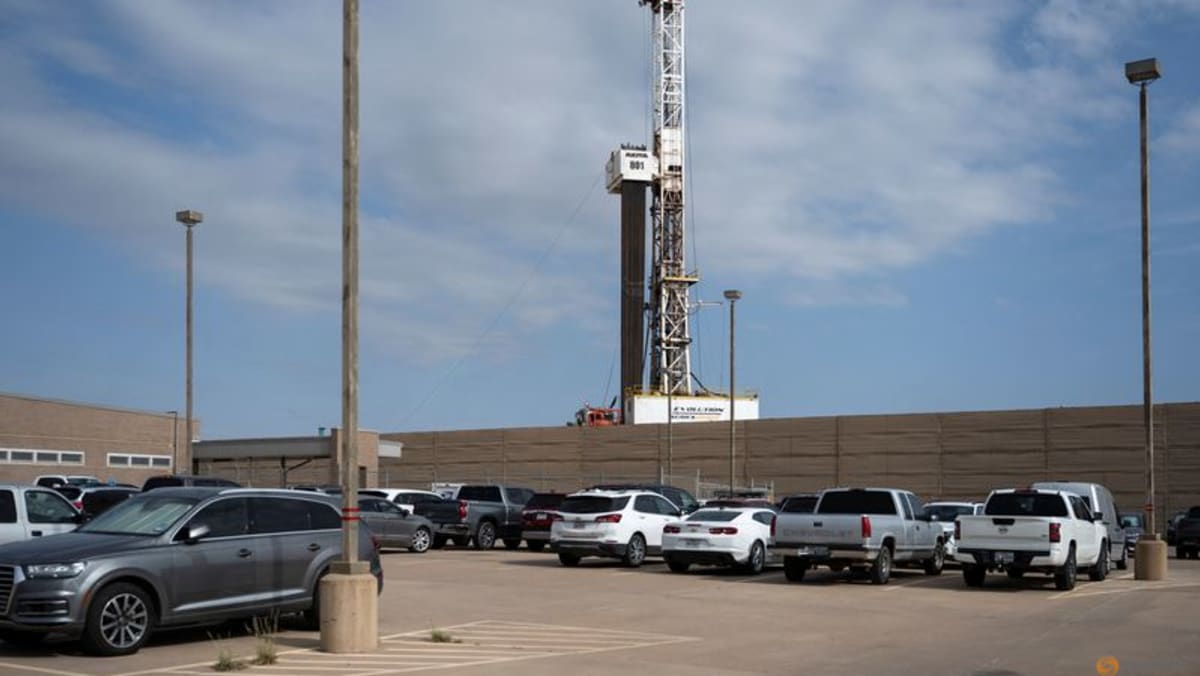NEW YORK :Oil prices rose on Thursday with investors focused on market fundamentals as crude and fuel inventories fell in the U.S. and the dollar sank to a multi-year low, while the market remained cautious about the Iran-Israel ceasefire.
Brent crude futures were up $1.15, or 1.7 per cent, to $68.83 a barrel at 11:37 a.m. EDT (1637 GMT). U.S. West Texas Intermediate crude was up $1.32, or 2.03 per cent, to $66.24 a barrel.
Both benchmarks climbed nearly 1 per cent on Wednesday, recovering from losses earlier in the week after data showed resilient U.S. demand. Brent futures are trading below their close of $69.36 on June 12, the day before Israel started airstrikes on Iran.
“The market is starting to digest the fact that crude oil inventories are very tight all of a sudden,” said Phil Flynn, senior analyst with the Price Futures Group. “From a seasonal viewpoint, we are at a decade low for this time of year,” he added.
UBS analyst Giovanni Staunovo said oil prices had tracked equity markets so far on Thursday, while ANZ analysts said the U.S. driving season had started slowly but was now stoking demand.
U.S. crude oil and fuel inventories fell in the week to June 20 as refining activity and demand rose, the Energy Information Administration said on Wednesday.
Crude inventories fell by 5.8 million barrels, the EIA said, exceeding analysts’ expectations in a Reuters poll for a 797,000-barrel draw.
Also supporting oil prices, the dollar index, which measures the greenback against a basket of currencies, sank to a three-year low as a report that President Donald Trump was planning to choose the next Federal Reserve chief early fuelled fresh bets on U.S. rate cuts.
A weaker dollar makes oil less expensive for holders of other currencies, increasing demand.
Meanwhile, Trump hailed the swift end to war between Iran and Israel and said Washington would likely seek a commitment from Tehran to end its nuclear ambitions at talks with Iranian officials next week.
Trump also said on Wednesday that the U.S. was maintaining maximum pressure on Iran – including restrictions on sales of Iranian oil – but signalled a potential easing in enforcement to help the country rebuild.
“(The) rapid push for a ceasefire suggests that President Trump remains sensitive to high oil prices, in our view, potentially capping the geopolitical risk premium even as the conflict may linger,” Citi said in a note on Thursday.
